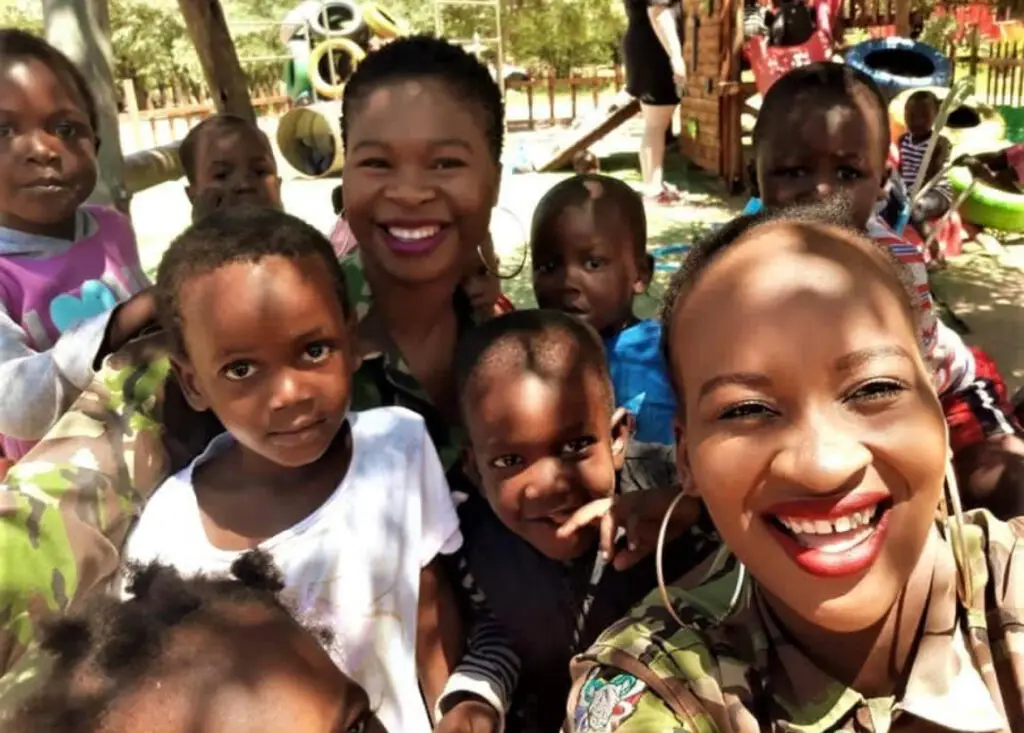The Black Mambas Anti-Poaching Ranger Unit
The importance of anti-poaching wildlife rangers
Our fund aims at protecting wildlife in South-Africa. We can not protect elephants and rhinos without the support of rangers. Wildlife rangers are vital to win the war against wildlife crime as Poaching Wildlife Trade is in the top 3 crimes globally along with human trafficking and drugs.
Despite a ban on the international trade in ivory, African elephants are still being poached in large numbers. The WWF estimate that around 20,000 African elephants are being killed each year for their ivory – that’s an average of 55 a day.
An all female unarmed anti-poaching unit who assures a multi-generational impact
The Black Mambas is an all-female anti-poaching unit (APU) dedicated to protecting wildlife in South-Africa. They were founded in 2013 by Transfrontier Africa NPC to protect the Olifants West Region of Balule Nature Reserve. Within the first year of operation the Black Mambas were invited to expand into other regions and now protect all boundaries of the 62,000ha Balule Nature Reserve, part of the Greater Kruger Area in South Africa.
Their teams work to the concept of the “Broken Window” philosophy, striving to make their area of influence the most undesirable, most difficult and least profitable place to poach any species. With a passion for wildlife and rhino conservation, these women are the voice in the community through their conservation work.
By founding The Black Mambas, Transfrontier Africa implemented a new strategy by bringing a different value system into the conservation arena. As the primary care-givers in their communities, women assure a multi-generational impact ensuring the investment in wildlife security is successful.
Women equipped with this conservation knowledge and strong skills, will raise a totally different generation of people as they share this knowledge with their children and communities.
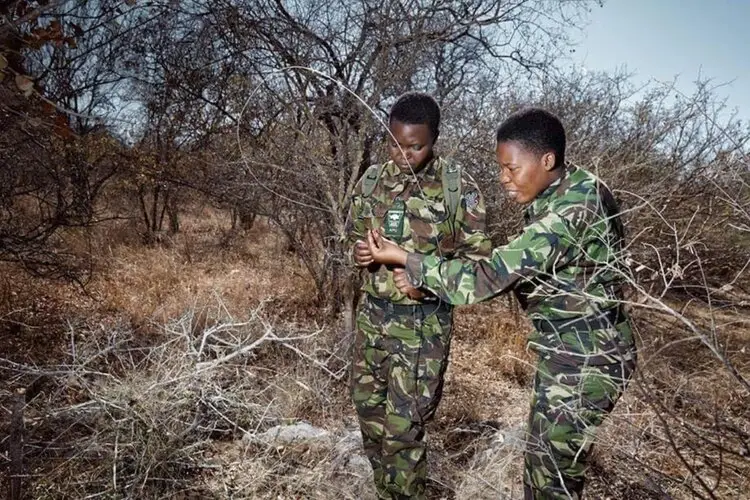
Picture by photographer Julia Gunther
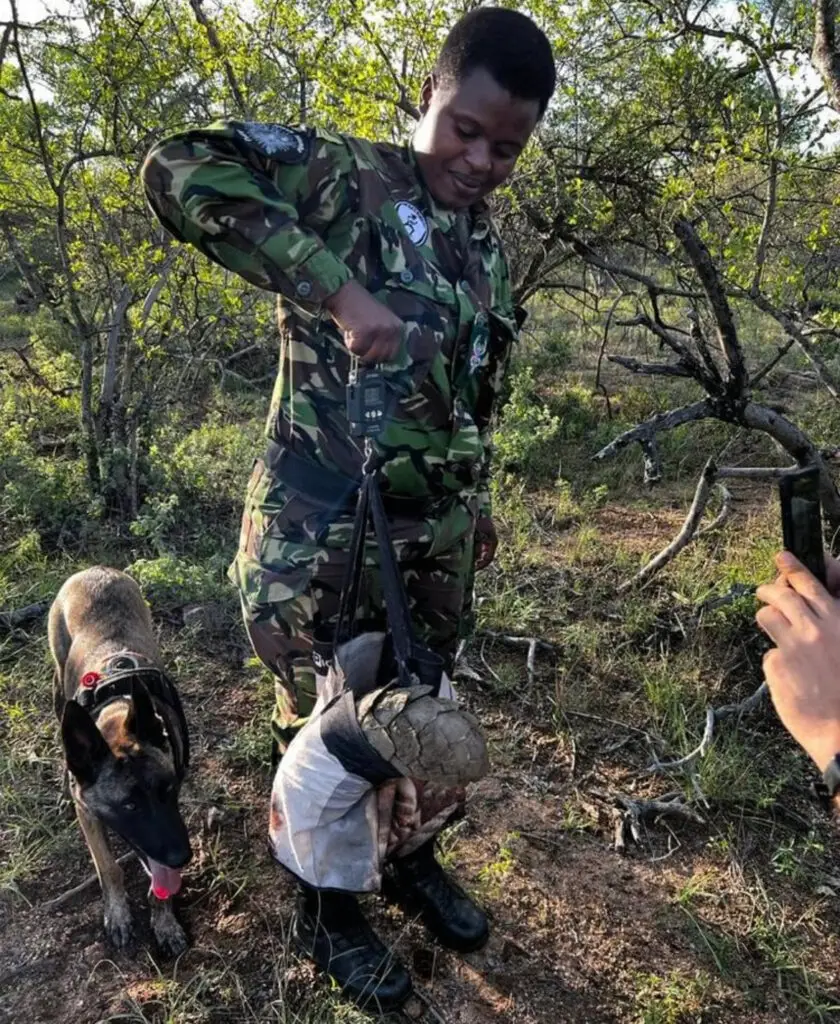
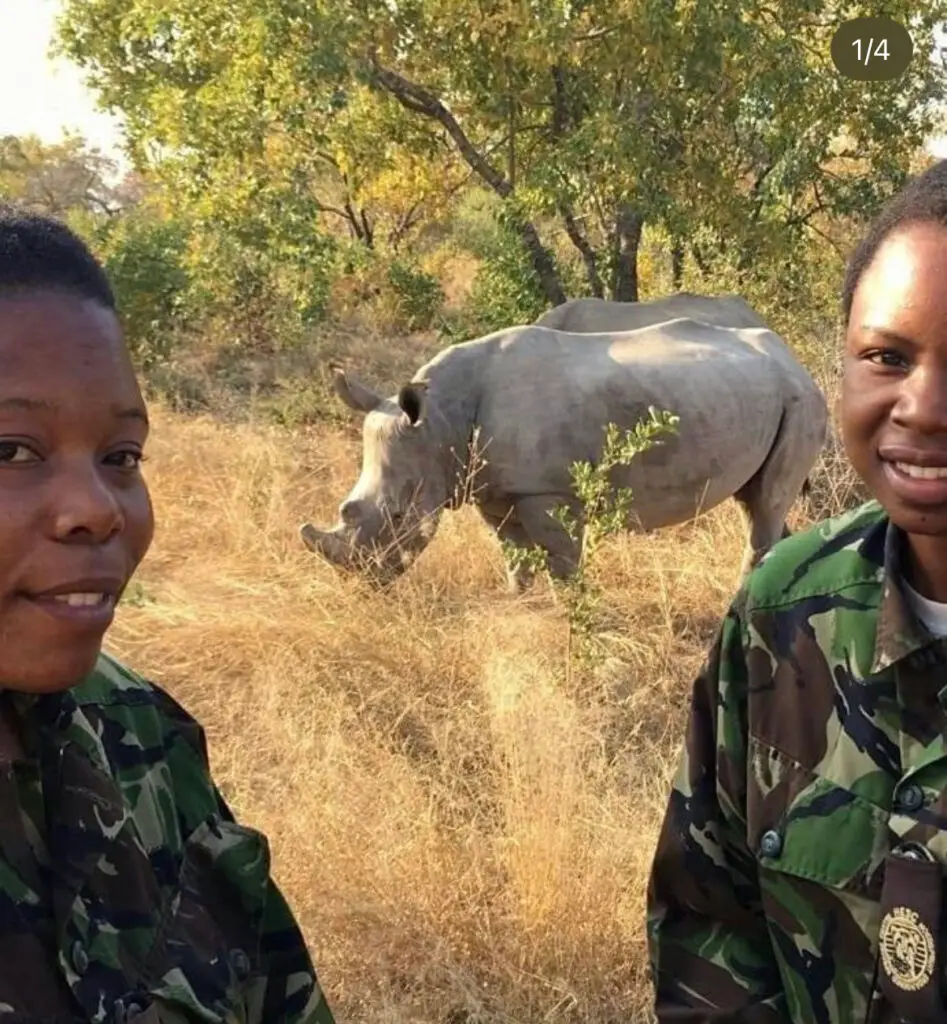
Supporting women in Africa
Young women who are the primary care-givers in their communities are selected, trained and deployed. This has built a different value system in the conservation arena and brought patriotism in their villages.
Lots of families are single parent families where at least 2 generations of women are raising the children. Its for women to pass life values and knowledge about the world to the next generation.
The opportunity of becoming an anti-poaching ranger transformes their lives. It gives them a new professional identity and the possibility of starting earning an income which is important in current circumstances since unemployment rate in SA is very high.
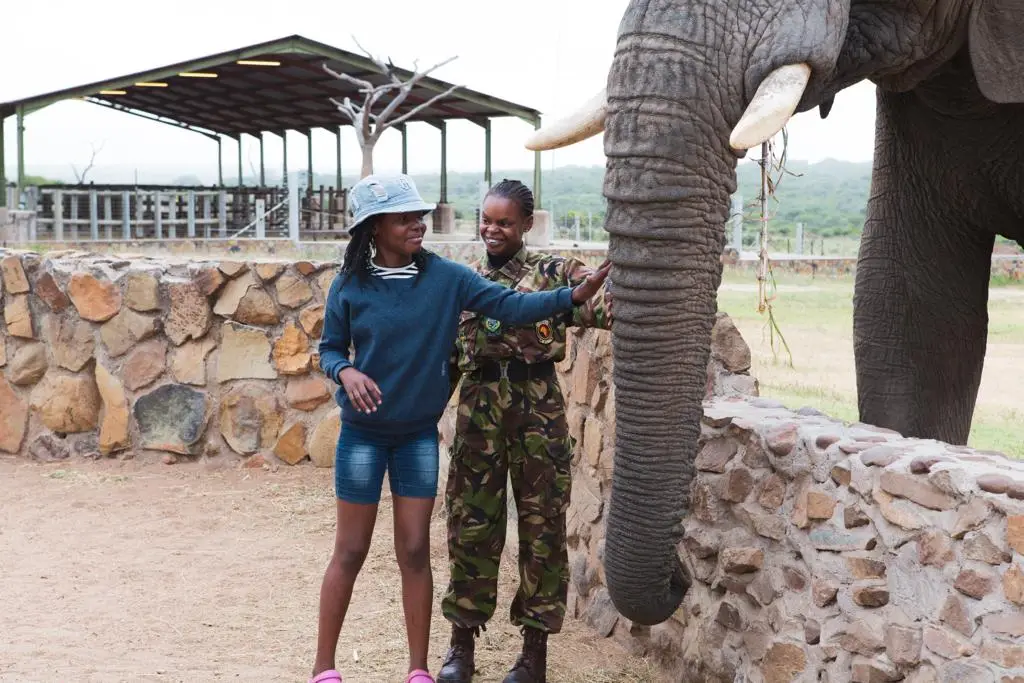
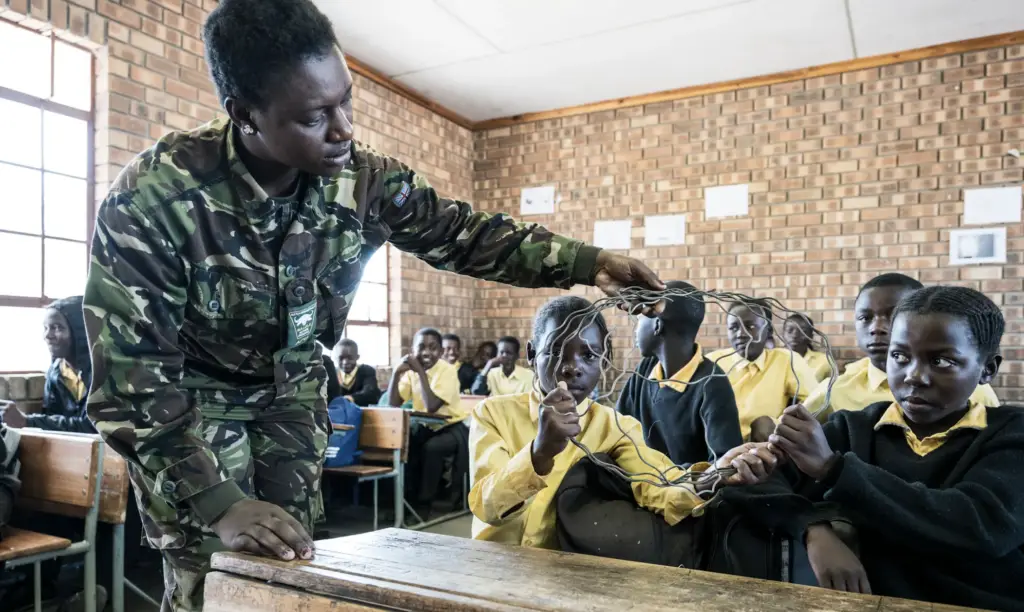
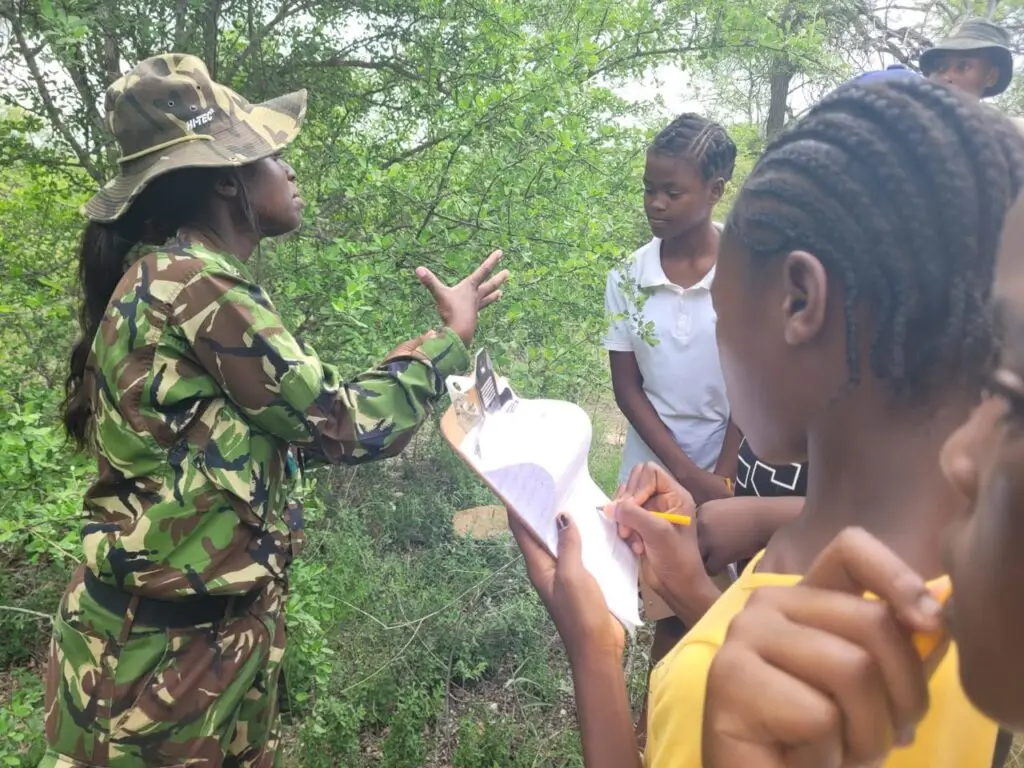
Community and environmental education
The objectives of the Black Mambas project are not only the protection of wildlife through boots on the ground but also through being a role model in their communities. These 23 young rangers and 7 Environmental Monitors want their communities to understand that the benefits are greater through wildlife conservation rather than poaching, addressing the social and moral decay that is a product of the rhino poaching within their communities. Therefore they work together with the Bush Babies environmental school program.
They also operate in the surrounding areas where HERD and the Jabulani Elephants are located. Early detection and rapid response is very important to prevent poachers of doing harm to elephants and wildlife. Anti-poaching units are the first line of defence providing boots on the ground and are responsible for the early detection of poaching insurgents through monitoring and surveillance during their daily patrols.
The Black Mambas fundraiser
Inspired by The Black Mambas? Support our Black Mambas fundraiser! Every donation goes directly to the Black Mambas project. Learn more about our fundraiser by clicking the button below.
